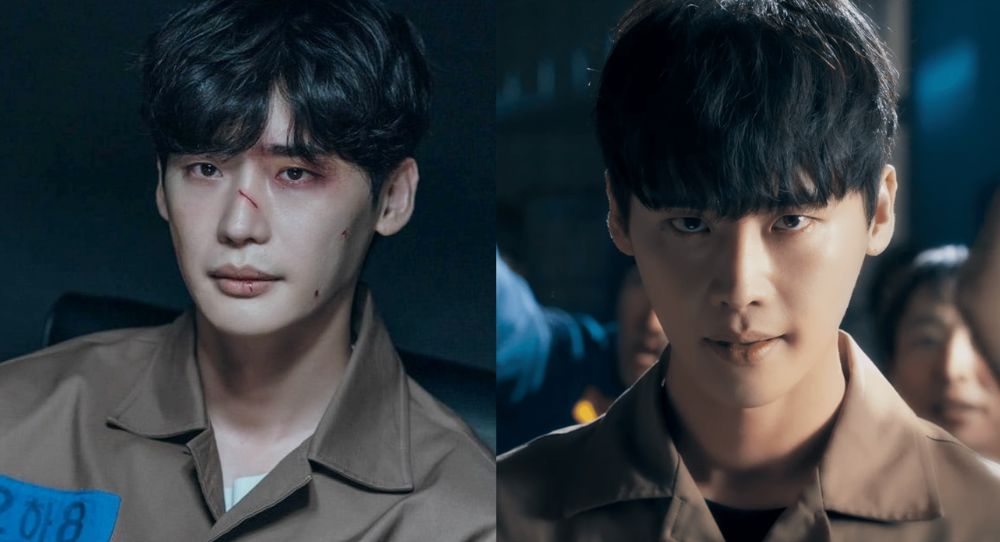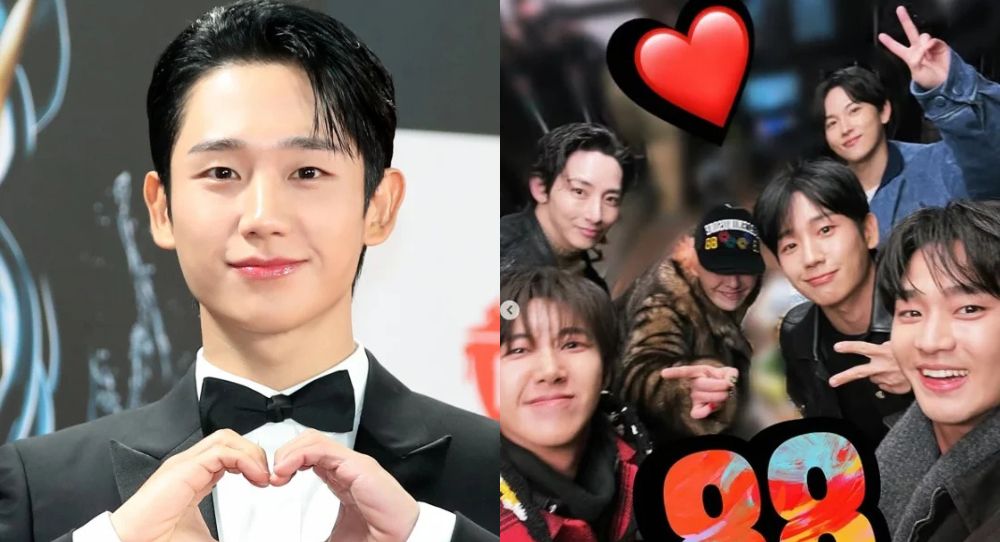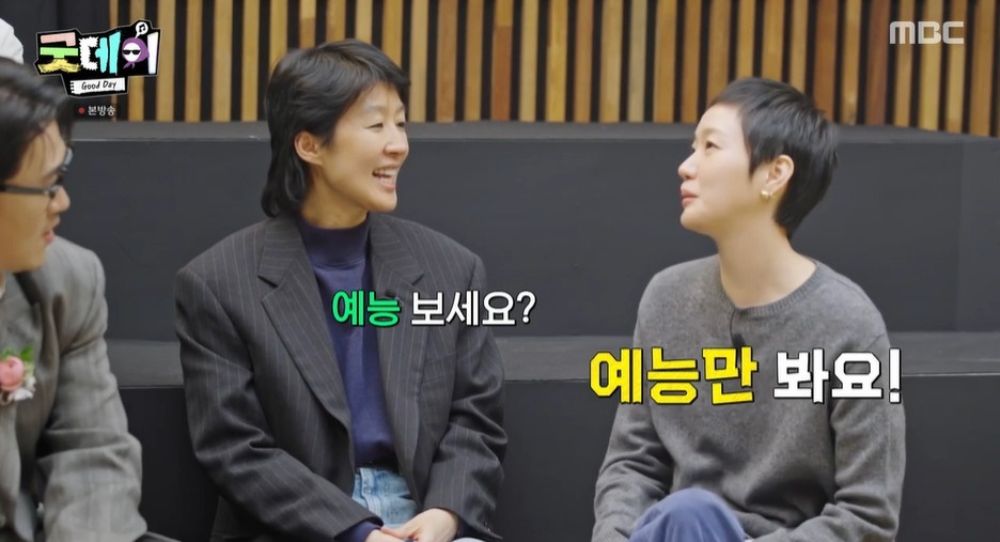
Actor Lee Jong Suk canceled his appearance in Netflix's "See You Again" just a day before the script reading in May 2018.
He was supposed to star with Kim Ji Won, reuniting after seven years since "High Kick! The Revenge of the Short Legged."
A staff member claimed, "Lee Jong Suk backed out the evening before the reading," but his side said, "It was just one of the works under consideration, and no contract was signed." The show was canceled, and Netflix stated, "The timing didn’t work out."
Since then, Lee Jong Suk hasn't appeared in any Netflix originals. His drama "Romance Is a Bonus Book" (2019) was available on Netflix, but he hasn't had other projects with the platform.
After his military service, he starred in "Big Mouth" and the film "Decibel" (2022), but hasn't confirmed any new projects in over two years.

"Big Mouth" faced its own issues. Initially set for tvN with Netflix distribution, it ended up on MBC and Disney+. Netflix rejected "Big Mouth," but it gained popularity on Disney+ and Lee Jong Suk won the MBC Drama Award.
Recently, there were reports that Lee Jong Suk would star in an OTT project called "One Second," based on a webtoon about a firefighter with the ability to see the future. However, his agency confirmed he ultimately declined the role. "One Second" was likely to be a Disney+ series, but the project seems delayed.
Lee Jong Suk remains popular overseas, with successful dramas like "Secret Garden," "School 2013," "I Can Hear Your Voice," "Pinocchio," and "While You Were Sleeping." Given his track record, he likely feels pressure in choosing his next project.
An industry insider noted, "While OTT platforms are preferred over terrestrial and cable channels, success is not guaranteed. Even Netflix series have struggled, and platforms like Disney+, Coupang Play, and TVING have limitations. The better his previous works perform, the more cautious he must be in selecting his next project."
Another insider added, "Lee Jong Suk tends to negotiate extensively before signing a final contract, which can be nerve-wracking for production and broadcasting companies."
Source: [1]









